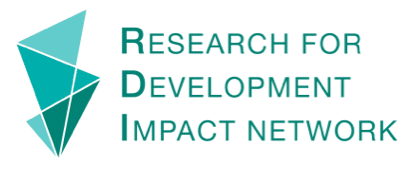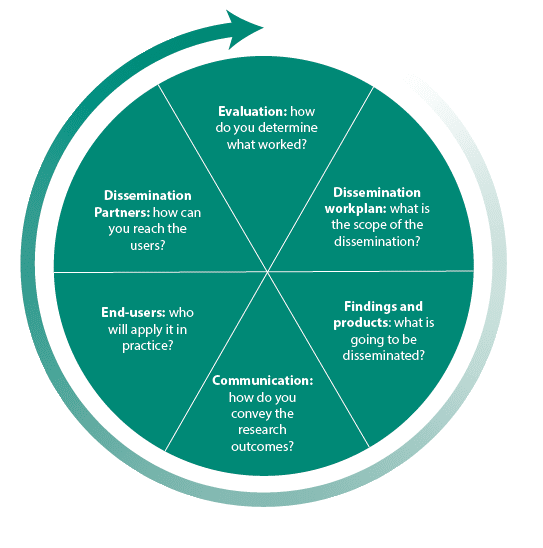
This principle is generally described in relation to equity: a fair process for recruitment of research participants; no unfair burden of participation on particular groups; and fair distribution of and access to the benefits of participation in research. Justice also takes in the recognition that there should be no exploitation of participants in the conduct of research, and instead, active protection of participant wellbeing.
In developing countries this principle involves treating all participants with dignity, regardless of gender, age, race, ethnicity, ability, religion and culture, and requires researcher cognisance of existing power relations, so that broader principles of human rights and addressing injustice can be upheld. It also involves ensuring that all relevant social groups are actively included in the research and that attempts are made to avoid further marginalisation, discrimination and exclusion of under-represented social groups. Finally, justice requires making findings accessible to participants in a timely, clear manner and in a format that is meaningful for participants.







